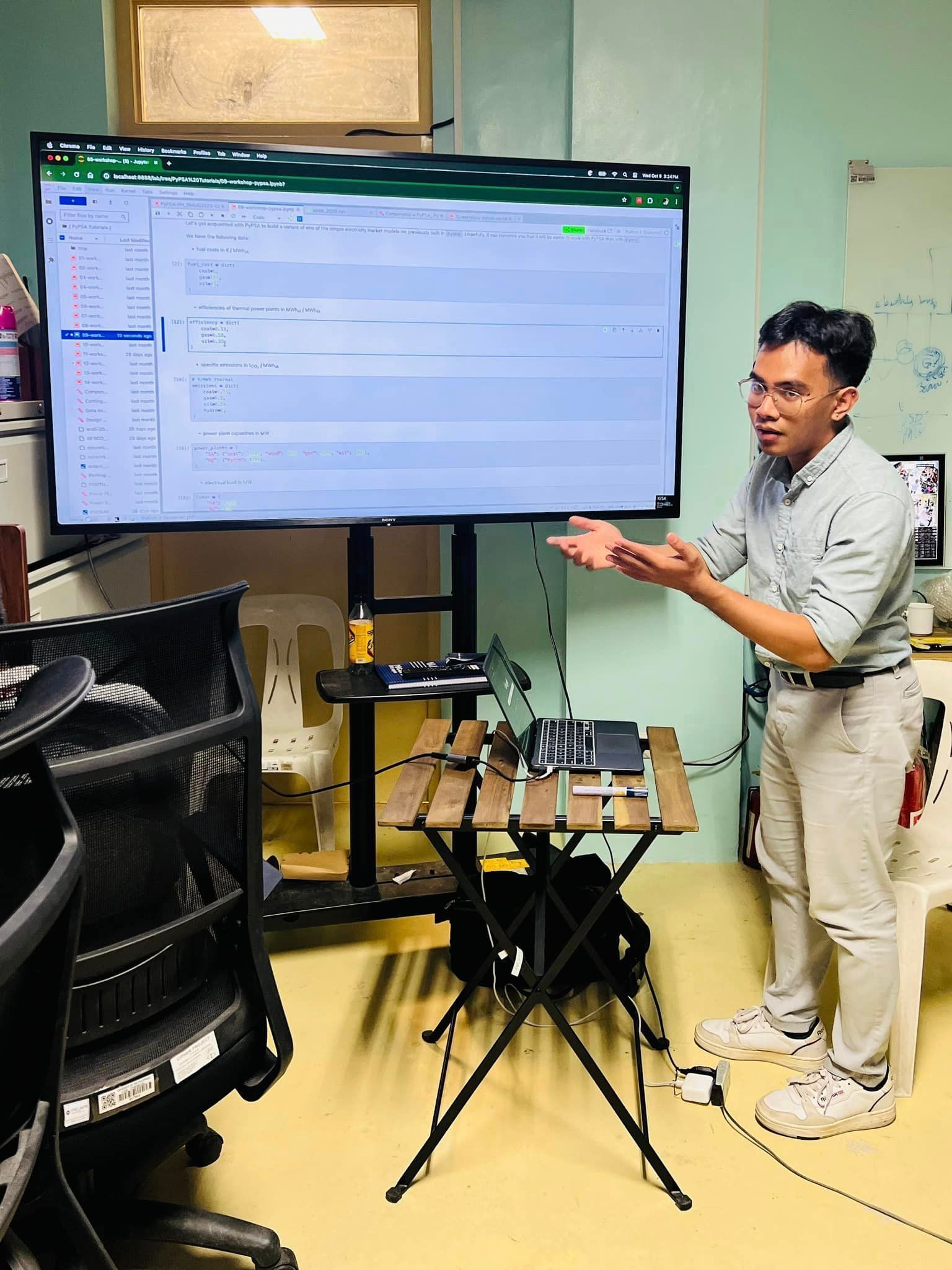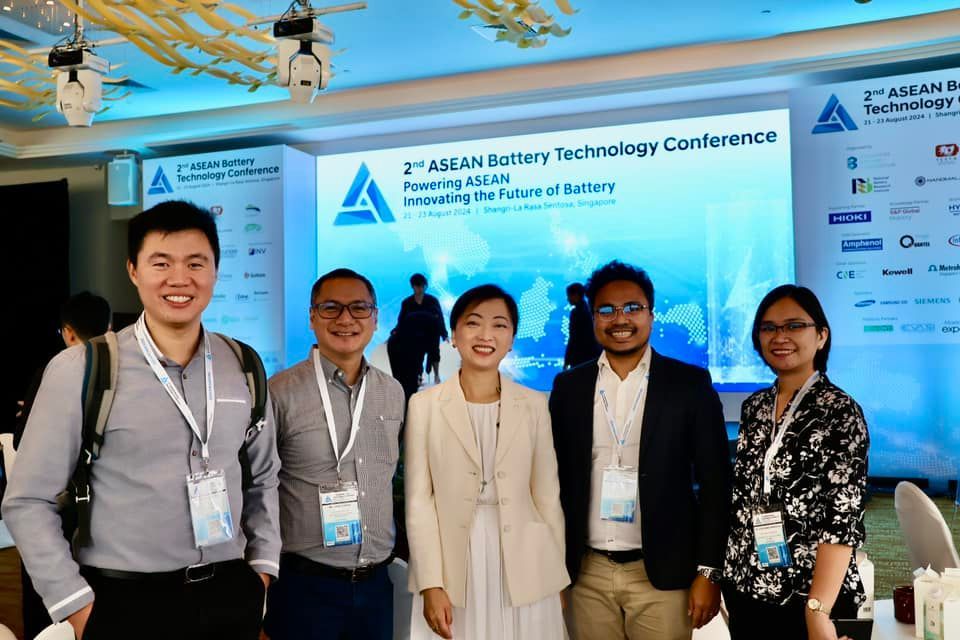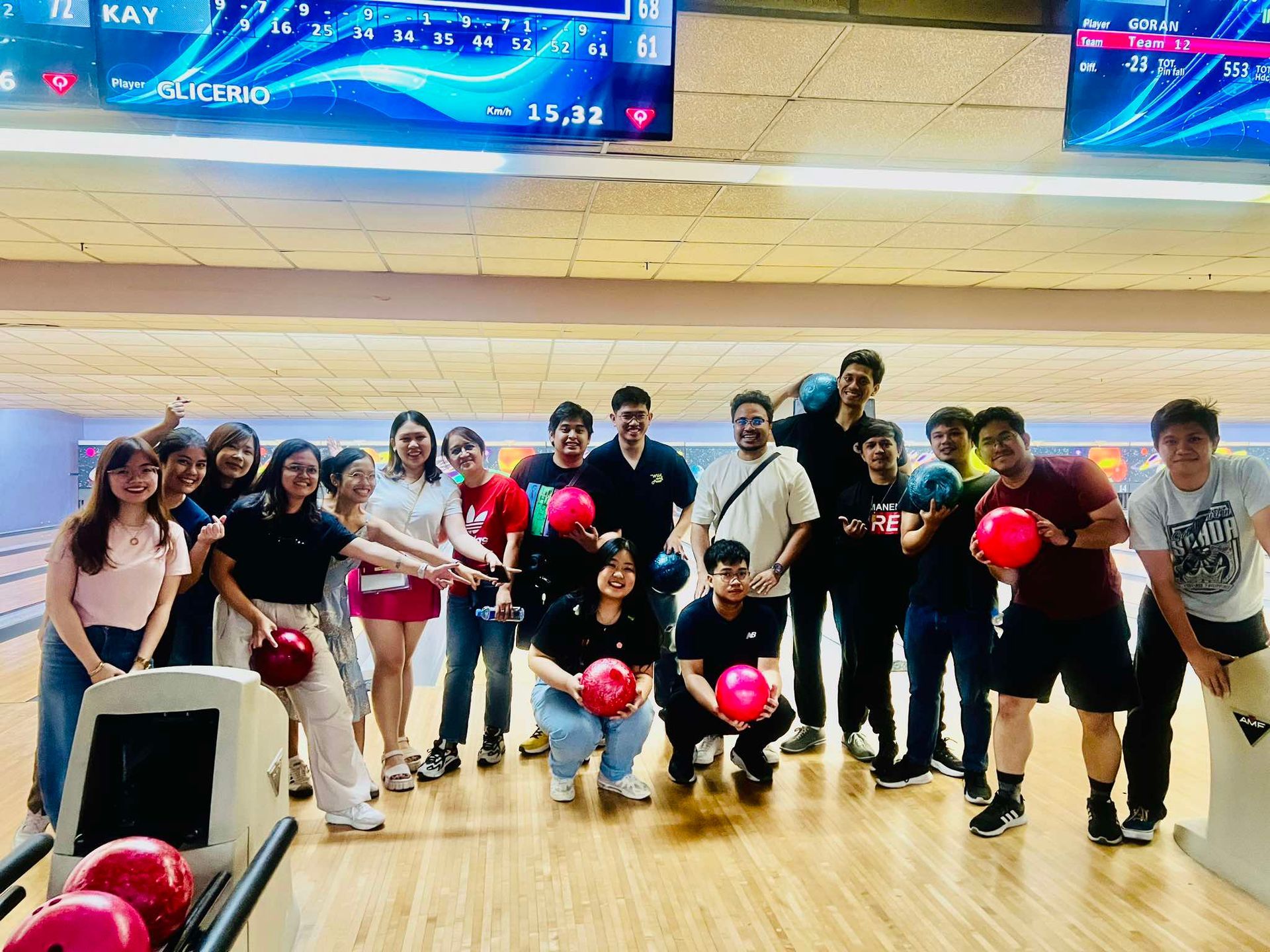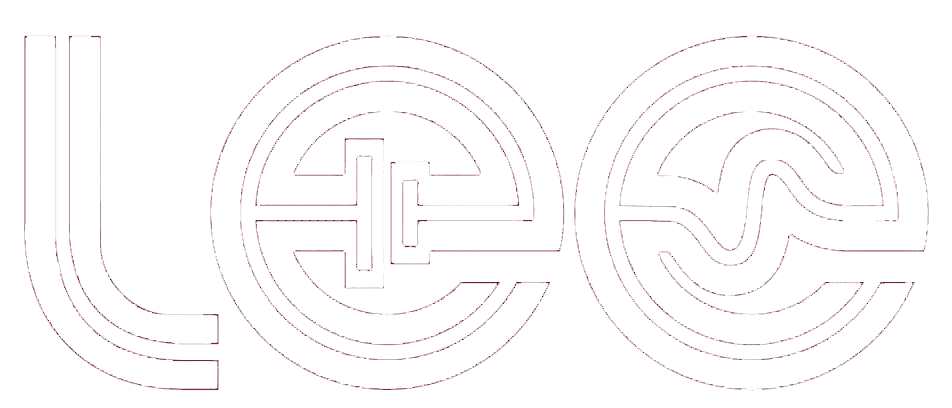LEE showcases “ISLA” at SDEWES 2018

Last October 3, 2018, Engr. Salvador Marrod Cruz, an MS Energy Engineering student and a member of the Laboratory of Electrochemical Engineering (LEE), presented one of LEE’s newly developed energy systems model and optimizer at the 13th Conference on Sustainable Development of Energy, Water, and Environment Systems (SDEWES 2018) in Palermo, Italy. The conference was held from September 30 to October 4, 2018.
SDEWES 2018 is an annual conference attended by professors, field experts, researchers, and students that covers a wide variety of topics like energy conversion, life cycle assessment, and energy storage to name a few. The event which promotes exchange of ideas and networking among researchers and field experts includes lectures and presentations in parallel sessions during the day and social gatherings at night. The participants were also introduced to the locale by a tour around the city.
In the event, Mr. Cruz presented his research entitled “Development of Battery Energy Storage System (Li-Ion, Redox Flow, and Sodium Sulfur) Models for an Off-grid Island Simulator”. Along with Mr. Cruz was Mr. Paul Bertheau from Reiner Lemoine Institute who presented his study “Energy supply for remote Philippine islands: sub-marine cable interconnection considering local bathymetry compared to renewable based mini-grids“. Mr. Bertheau is one of LEE’s collaborators from RLI in Germany.
The study of Mr. Cruz about an island microgrid simulator named “ISLA”, short for Island Systems LCOEmin Algortihm gathered interesting insights from several conference participants. The ISLA program is similar to other energy systems modelling software such as HOMER Pro, with its main focus on island applications. Its uniqueness stems from its capability to account for the inherent characteristics of energy system components e.g. battery chemistries.
The overall experience in the event inspired Mr. Cruz and fellow researchers included in the study to further improve the current ISLA model. By doing so, they hope to be able to foster collaborations with other universities, research institutions, and private institutions in the future.





